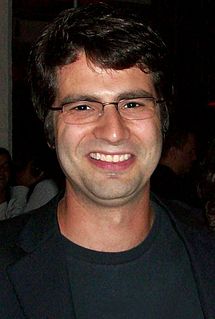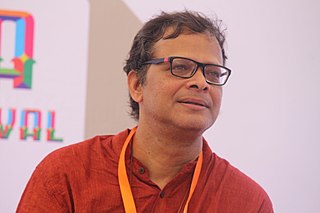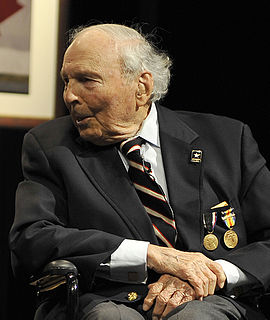A Quote by Ned Vizzini
I found myself jealous of the people who wrote the books. They were dead and they were still taking up my time. Who did they think they were?
Related Quotes
I didn't go to bookshops to buy. That's a little bourgeois. I went because they were civilized places. It made me happy there were people who sat down and wrote and wrote and wrote and there were other people who devoted their lives to making those words into books. It was lovely. Like standing in the middle of civilization.
In refugee camps around the world, I met people who were gone. They were still walking around but had lost so much that they were unable to claim any sort of identity. Others I met found who they truly were, and they generally found it through service to others. They became teachers when there was no school, books or pencils.
All the time I was plowing through books on dyslexia, I found myself asking: what if, what if? What if you were a kid the 1950s with this condition, when there were no books on it, when there was no understanding of it. I remember kids in my class at school who just didn't seem to progress in their reading. There was no extra help. People just thought, "Oh, he or she isn't so bright, or they're obstinate."
For the first time in her life Granny wondered whether there might be something important in all these books people were setting store by these days, although she was opposed to books on strict moral grounds, since she had heard that many of them were written by dead people and therefore it stood to reason reading them would be as bad as necromancy. Among the many things in the infinitely varied universe with which Granny did not hold was talking to dead people, who by all accounts had enough troubles of their own.
I remember one letter from a girl in a midwestern town who read one of my books and thought she had discovered it- that no one had ever read it or knew about it. Then one day in her local library she found cards for one or two of my other books. They were full of names- the books were borrowed all the time. She resented this a bit and then walked around the town looking in everybody's face and wondering if they were the ones who were reading my books. That is someone I write for.
No one else noticed, or cared. It was just something they did. Taking other people’s livestock. Other people’s lives. She watched the soldiers, hating them. They were different in so many ways, white and black, yellow and brown, skinny, short, tall, small, but they were all the same. Didn’t matter if they wore finger-bone necklaces, or baby teeth on bracelets, or tattoos on their chests to ward off bullets. In the end, they were all mangled with battle scars and their eyes were all dead.
It had been startling and disappointing to me to find out that story books had been written by people, that books were not natural wonders, coming up of themselves like grass. Yet regardless of where they come from, I cannot remember a time when I was not in love with them - with the books themselves, cover and binding and the paper they were printed on, with their smell and their weight and with their possession in my arms, captured and carried off to myself. Still illiterate, I was ready for them, committed to all the reading I could give them.
It never occurred to me that there were so many wonderful photos that had been orphaned and were out there in the world, waiting to be found. Over time, I found a lot of very strange pictures of kids, and I wanted to know who they were, what their stories were. Since the photos had no context, I decided I needed to make it up.
I got up and saw my face in the mirror and saw the horror. When they did the surgery on me, they took out 67 glass pieces. There were a lot of movies that I had lined up for myself during that time, and I had to let it go. I didn't want people to know because, at that time, people were not that supportive.






































